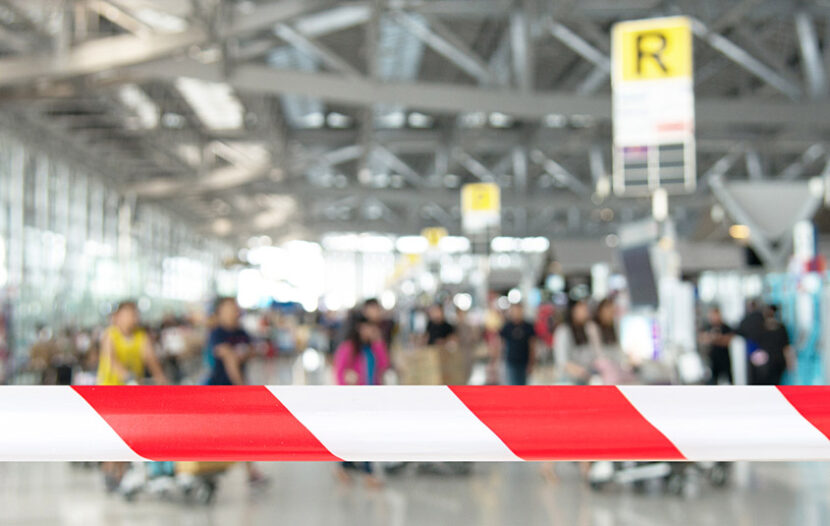TORONTO — A full voicemail inbox can mean one of two things for a travel agent during this pandemic: either bookings are finally rebounding, or another devastating wave is on its way.
Unfortunately, in the case of Scott Penney and many other agents this week, the fact that he’s been swamped with voicemails and messages is a clear indication of more upheaval for the travel industry. Penney, an agent with The Travel Agent Next Door based in Stewiacke, NS, tells Travelweek that his clients are in “panic mode” now that it’s been confirmed that Canada’s advisory against all non-essential travel is back for at least the next four weeks.
“I just finished cancelling a group of 20 passengers whose final payment is due tomorrow. They’re not comfortable travelling now and hope to rebook in the new year once things are hopefully more stable,” says Penney. “I also have clients travelling in the next two weeks who’ve waited to see what the official announcement is before they make a decision. I’m pretty sure they’ll cancel.”
Following a telephone conference between Prime Minister Justin Trudeau and Canada’s premiers late at night on Dec. 14 to discuss additional border and travel measures in the wake of the fast-spreading omicron variant, Health Minister Jean-Yves Duclos confirmed on Dec. 15 that the federal government is reinstating the blanket travel advisory for the next month, at which point it will be reassessed.
The news comes on the heels of other travel restrictions made in response to omicron. On Nov. 30, the federal government announced that all air arrivals into Canada must be tested upon arrival and self-isolate pending their results. It also added three additional countries to its omicron watch list, for a total of 10.
During the Dec. 15 briefing, Duclos also confirmed that Canada will be expanding its testing capacity for returning travellers. More details will be announced shortly.
As of Dec. 9, the World Health Organization (WHO), which describes omicron as a “very high” global risk, has identified the variant in 63 countries across all six WHO regions, including Canada and 30 U.S. states.
With the return of the blanket travel advisory, which was lifted on Oct. 20, 2021 after being in place for more than 20 months, the momentum that travel agents like Penney had been seeing leading up to the winter travel season will almost certainly come to a full stop.
“Without a doubt it’s going to create more cancellations. Even clients I have who are not travelling until later next spring are asking about cancellation and refunds. And once again as travel advisors, we have been left to work for free unless we are charging fees for our services, which is what I have been doing. I cannot continue to work for free,” says Penney.
Penney, who in addition to his travel business also works a full-time job, says that the many ups and downs the travel industry has seen these past 20 months have left him feeling exhausted, to the point where he has considered leaving the industry altogether.
“At some point, enough becomes enough. I feel frustrated because I feel the situation is very one sided. Statistically, travel does not contribute as much to the pandemic as people believe, and yet travel and small businesses are being penalized and forced to take the brunt of it,” says Penney.
Ocean Phi Long Le, a Toronto-based travel agent with Bodad Travel, is also seeing the effects of omicron and the uncertainties surrounding it. In recent months, he saw a steady stream of new business come in, with clients also booking travel insurance with suppliers. This past month, however, he’s seen 90% of those new bookings being cancelled, forcing clients to claim their insurance.
“With the advisory back in place, I’m afraid I will continue to struggle. New sales would be minimal and I’d have to start promoting travel in 2023,” says Phi Long Le. “I’m feeling defeated. New sales are made and then cancelled in a blink of an eye. All the hard work to earn a sale, only to watch it get cancelled. Many hours are spent cancelling bookings, which we don’t get paid for if you’re self-employed.”
To read the full article, including reaction from more travel agents in Canada, click here for the Dec. 16 issue of Travelweek.

